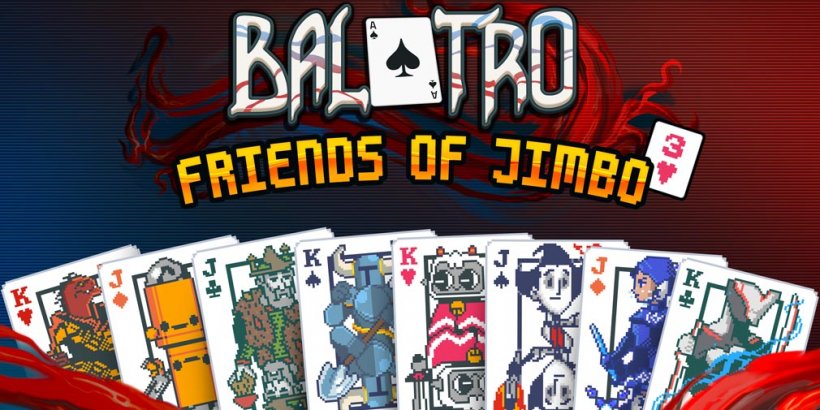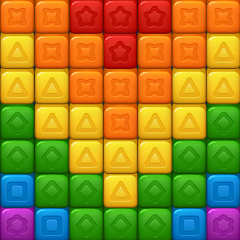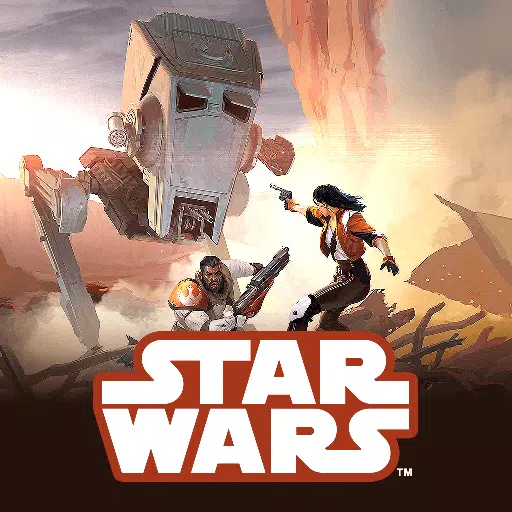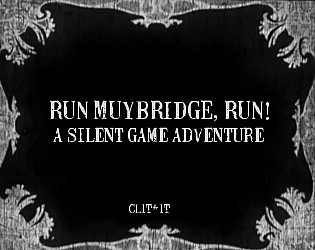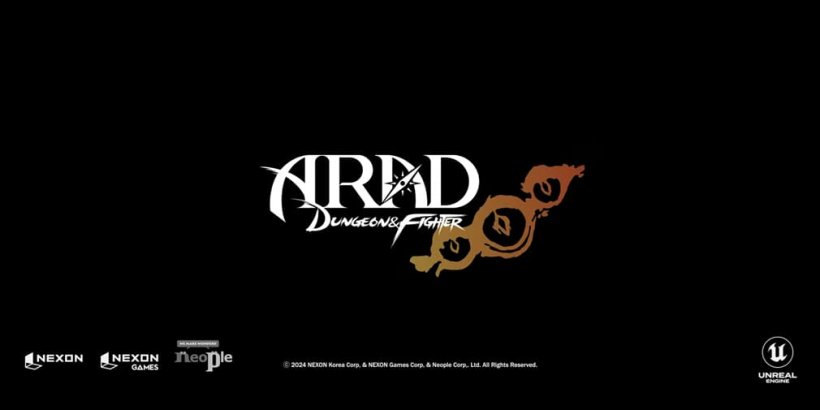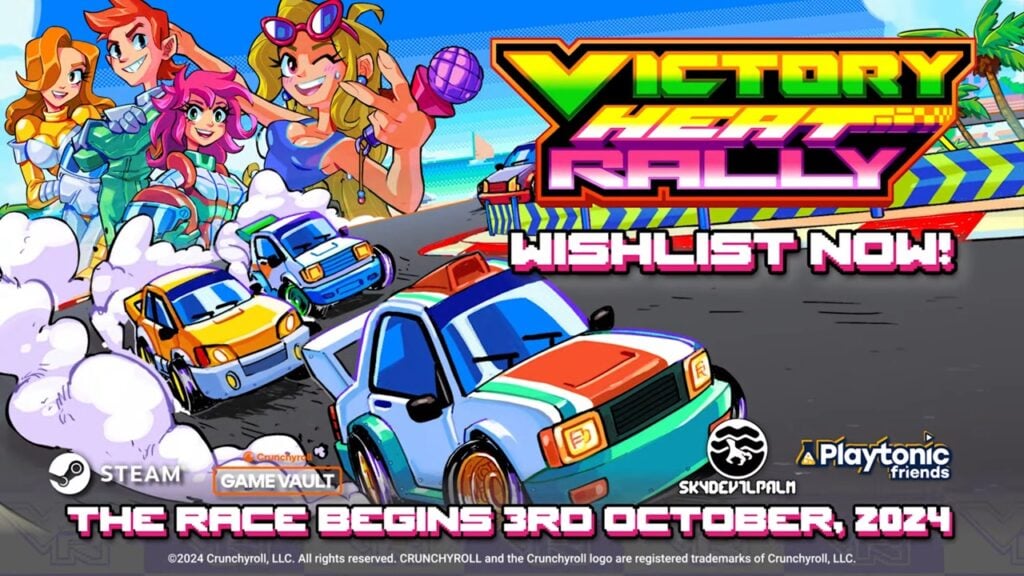Top mobile games of 2024: Iwan\'s picks, except it\'s mostly Balatro
My Game of the Year: Balatro – A Humble Triumph
It's the end of the year, and as you likely know, Balatro has swept up a string of awards. From Indie and Mobile Game of the Year at The Game Awards to dual honors at the Pocket Gamer Awards, this unassuming blend of solitaire, poker, and roguelike deck-building has garnered significant praise.
However, its success has also sparked confusion and even some criticism. The contrast between its relatively simple visuals and the accolades it's received has left some bewildered. Why has a seemingly straightforward deck-builder achieved such widespread recognition?
My personal choice for Game of the Year highlights the answer. Before diving into that, let's acknowledge some other noteworthy titles:
Honorable Mentions:
- Vampire Survivors' Castlevania expansion: The long-awaited addition of iconic Castlevania characters is a triumph.
- Squid Game: Unleashed's free-to-play model: A bold move by Netflix Games, potentially setting a new precedent for mobile gaming monetization.
- Watch Dogs: Truth's audio adventure release: An unexpected but intriguing direction for the Watch Dogs franchise, showcasing a different approach to storytelling.
Balatro: A Surprisingly Addictive Experience
My experience with Balatro has been a mixed bag. While undeniably captivating, I haven't quite mastered its nuances. The focus on optimizing deck statistics, a personal struggle, has prevented me from completing runs despite countless hours of play.
Despite this, Balatro represents some of the best gaming value I've experienced. It's simple, engaging, and undemanding, both technically and mentally. It's not my ultimate time-waster (that honor goes to Vampire Survivors), but it's a strong contender.
Its appealing visuals and smooth gameplay further enhance its appeal. For a modest price, you get a compelling roguelike deck-builder that's perfectly suitable for public play. LocalThunk's ability to elevate such a simple concept is truly commendable. From its calming soundtrack to the satisfying sound effects, every element is designed to keep you hooked. It's a subtle yet effective approach.
But why discuss it again? The answer lies in the reactions it has provoked.

Beyond the "Just a Game" Critique
Balatro hasn't faced the most intense backlash this year (that likely goes to Astrobot), but its success has proven perplexing to some. Its colorful yet uncomplex design, lacking the "retro" appeal or cutting-edge graphics, has been a source of confusion. To some, it's simply "a card game."
And while that's technically accurate, it's a superbly executed card game that offers a fresh perspective on the genre. It's a reminder that a game's quality shouldn't be solely judged by visual fidelity or flashy features.
Substance Over Style
Balatro's success teaches a valuable lesson: a game doesn't need to be a massive, multi-platform, cross-progression gacha to succeed. Simplicity and well-executed design, coupled with a distinct style, can resonate with players across various platforms.
While not a financial juggernaut, Balatro's relatively low development costs likely resulted in significant profitability for LocalThunk.
It demonstrates that a well-crafted, multi-platform game can thrive without relying on complex features or extensive marketing.
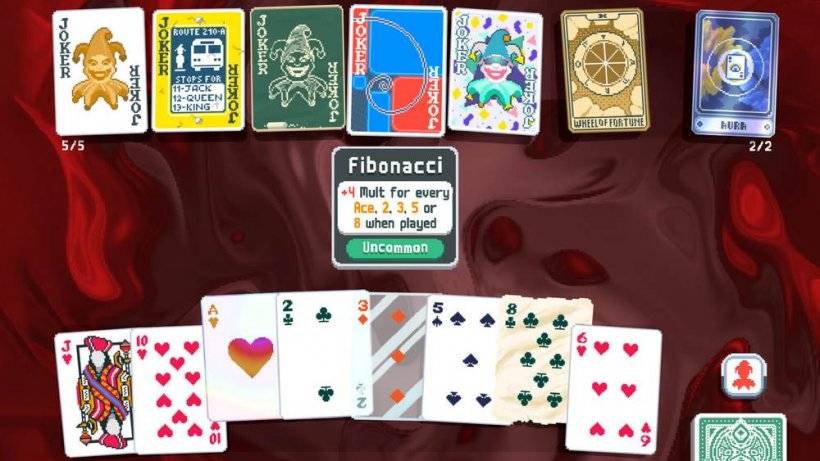
My personal struggles with Balatro also highlight its versatility. It can be approached as a game of intricate optimization or as a relaxing pastime.
Ultimately, Balatro's success reinforces a crucial point: a game doesn't need to be groundbreaking in terms of technology or complexity to be successful. Sometimes, a touch of originality and well-executed gameplay are all that's needed.
-
Build a feline-themed shopping center filled with clever cat punsDozens of super cute cats to discoverAvailable for pre-registration nowThe creative minds behind Office Cat, Lumbercat, and Cat Snack Bar have crafted another charming mobile experienceAuthor : Isaac Nov 19,2025
-
Experience iconic games like Divinity: Original Sin 2, Don't Starve, and Enter the GungeonNow featuring 16+ beloved gaming franchisesEndless possibilities for deck customizationThe wildly popular deckbuilding roguelike Balatro takes chaos to new heigAuthor : Blake Nov 19,2025
-
 Airplane Flight 3d SimulatorDownload
Airplane Flight 3d SimulatorDownload -
 Call Of IGI CommandoDownload
Call Of IGI CommandoDownload -
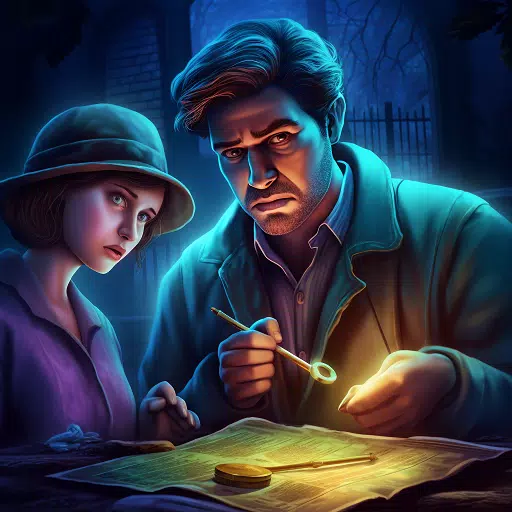 Escape Room: Hidden RiddlesDownload
Escape Room: Hidden RiddlesDownload -
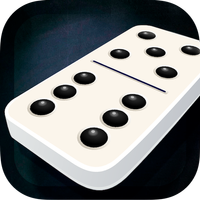 Dominoes Classic Dominos GameDownload
Dominoes Classic Dominos GameDownload -
 Ultimate Clash SoccerDownload
Ultimate Clash SoccerDownload -
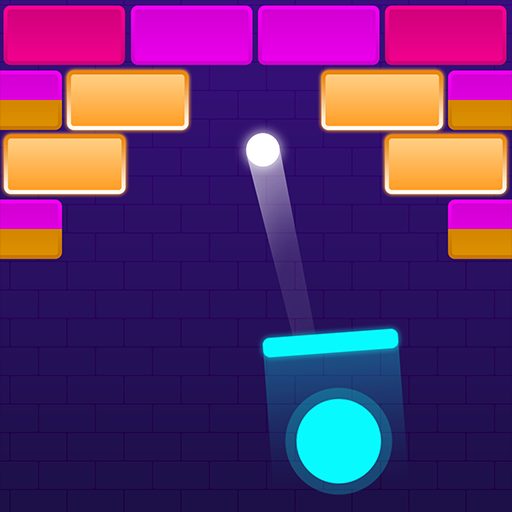 BlockBustDownload
BlockBustDownload -
 Flags of All World CountriesDownload
Flags of All World CountriesDownload -
 Exion Off-Road RacingDownload
Exion Off-Road RacingDownload -
 Real Police Chase Simulator 3dDownload
Real Police Chase Simulator 3dDownload -
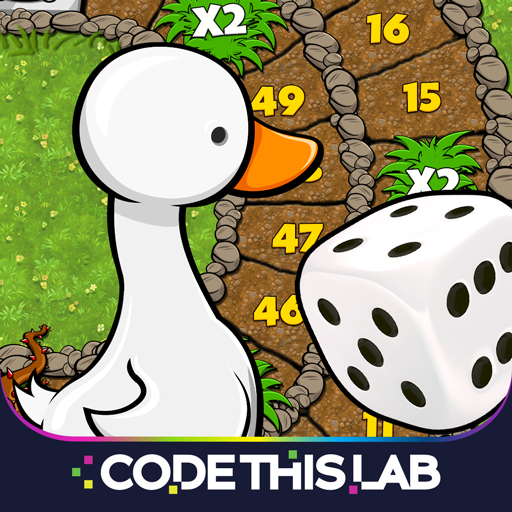 Goose Game MultiplayerDownload
Goose Game MultiplayerDownload
- Stardew Valley: How To Befriend Willy
- DISCOVERY CHANNEL TO UNVEIL CROSSOVER IN 'Reverse: 1999' 2.0
- Crunchyroll Game Vault adds Battle Chasers: Nightwar, Dawn of the Monsters, Evan’s Remains and more
- Hotta Studio's Open-World RPG, Neverness to Everness, Announced
- Military Strategy Game Warpath Launches a Navy Update with 100 New Ships
- Golden Joystick Awards 2024 Was a Big Showing for Indie Games


